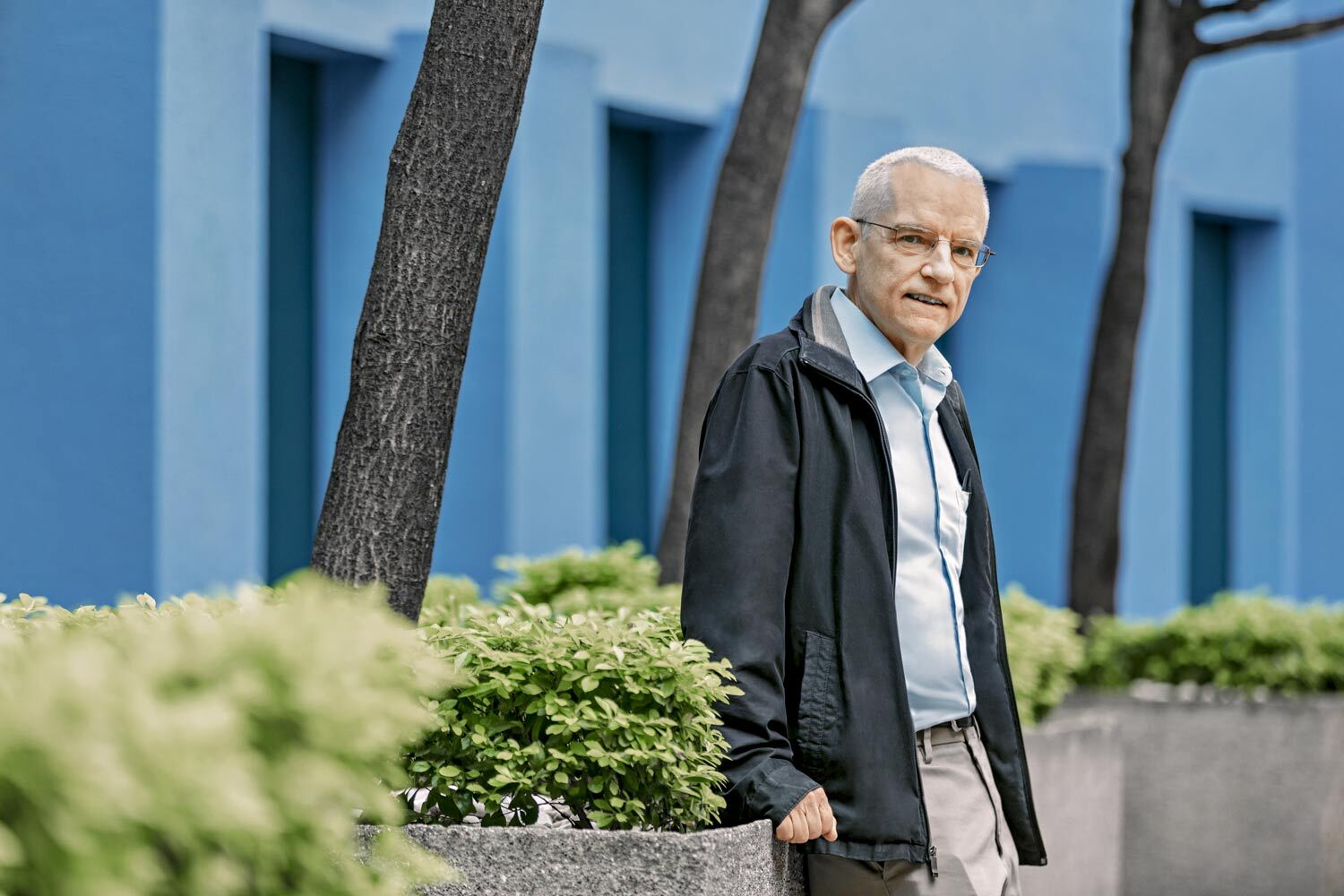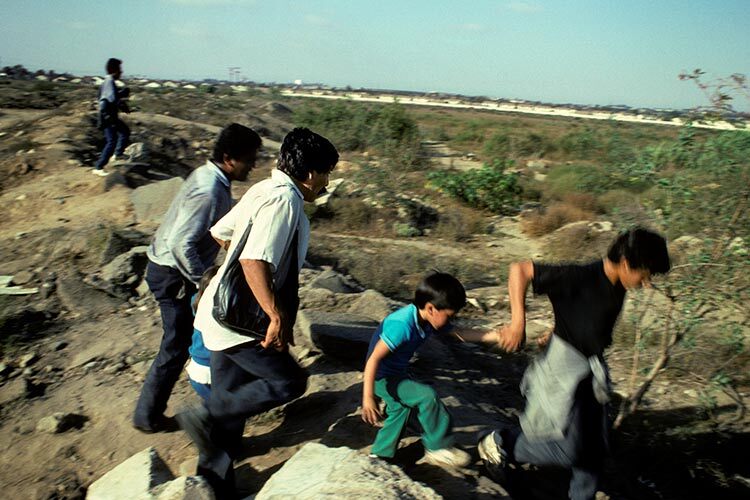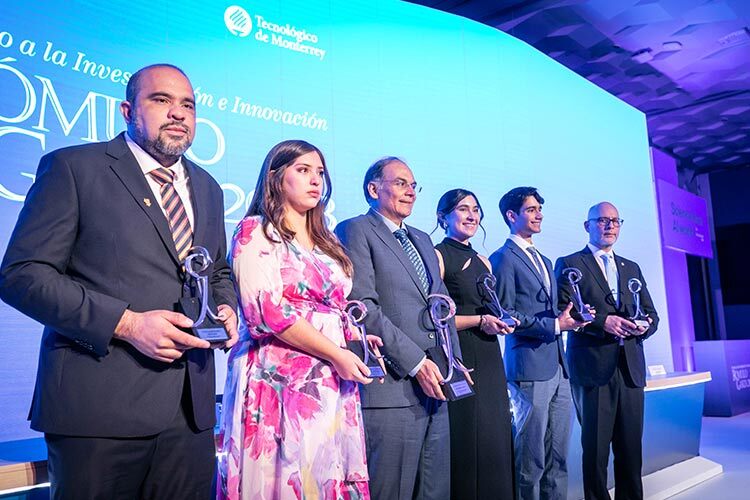The concept of human flourishing—understood as the pursuit of individuals’ and communities’ best versions of oneself—has gained relevance in Latin America, though each country approaches it from diverse cultural and academic perspectives. This is one of the key findings from the first regional mapping of academic research on this topic, encompassing nations like Brazil, Mexico, Chile, and Colombia.
This project is led by Tecnológico de Monterrey, with participation from researchers at Pontificia Universidad Católica de Chile, Universidad de los Andes (TRIADA), and Nossa Terra Firme. Collaborators also include professors from Harvard University, New York University, and Baylor University.
Why Is the Project of Human Flourishing in Latin America Important?
Human flourishing is deeply connected to individual and community well-being, and it’s a concept studied across various disciplines, including psychology, philosophy, economics, and even environmental sciences. However, the term has often been defined through the lens of well-being criteria from more developed countries, which aren’t necessarily compatible with those prevalent in Latin America.
Thus, the relevance of this research lies in identifying the parameters and values associated with well-being in our region. For instance, in Mexico, it was found that concepts like happiness don’t necessarily link to economic status. Meanwhile, in the southern part of the continent, other terms referring to human flourishing were identified.
“Buen vivir is a concept used in Andean and Amazonian countries, which is also starting to be adopted in Mexico, and it bears a strong resemblance to the concept of human flourishing. For example, in the Quechua language, the concept of Sumak Kawsay is gaining relevance, even appearing in political constitutions,” highlights Enrique Tamés, project leader and professor at EGADE Business School‘s Department of Strategy and Leadership at Tec de Monterrey.
This regional mapping —funded by a grant from the Templeton World Charity Foundation (TWCF)— took several years to research, employing both quantitative and qualitative methods. This involved analyzing 328,704 scientific publications and conducting interviews with 50 researchers.
Key Findings on Human Flourishing in Latin America
The study revealed that Brazil leads the research on human flourishing in Latin America, with 191,024 scientific publications analyzed, followed by Mexico with 33,490.
However, according to Enrique Tamés, Brazil’s output operates in a kind of “island” due to linguistic barriers, as most studies are in Portuguese. These publications emphasize themes such as positive psychology, mental health, and environmental sustainability, particularly given the country’s significant portion of the Amazon.
Mexico holds the second spot in academic production on these topics, though its research is more related to poverty. Tamés notes a paradox in Mexico: happiness surveys indicate that Mexicans tend to set aside their economic situation when discussing happiness.
“So, if we wanted to improve the well-being of Mexicans, we would have to look at other things, not just socioeconomic conditions, but other types of issues like social relationships, for example,” he explains.
To capture the diversity of perspectives on what human flourishing means for each country, the study identified several relevant themes, including sustainability and environment, positive psychology, economic development, diversity, Indigenous perspectives, and human rights.
Findings from Chile and Colombia show that research areas on human flourishing are oriented towards mental health, happiness, and positive psychology. However, while studies in Chile are approached from disciplines like psychology, sociology, economics, and environmental studies, in Colombia they emerge from fields such as medicine, psychology, and sustainability studies.
Regarding the project’s challenges, Enrique Tamés mentioned significant economic limitations and institutional support, but emphasized the deep ethical commitment of the researchers who were interviewed.
“Beyond the material conditions of their research, there is a commitment that goes further. There is a personal commitment because they are touching sensitive issues,” he stated.
The project has a website where you can find more data on human flourishing in Latin America. Furthermore, next July, different research teams from various regions of the world will gather in Oxford to determine the next steps after this analysis.
Were you interested in this story? Want to publish it? Contact our content editor to learn more: marianaleonm@tec.mx

















